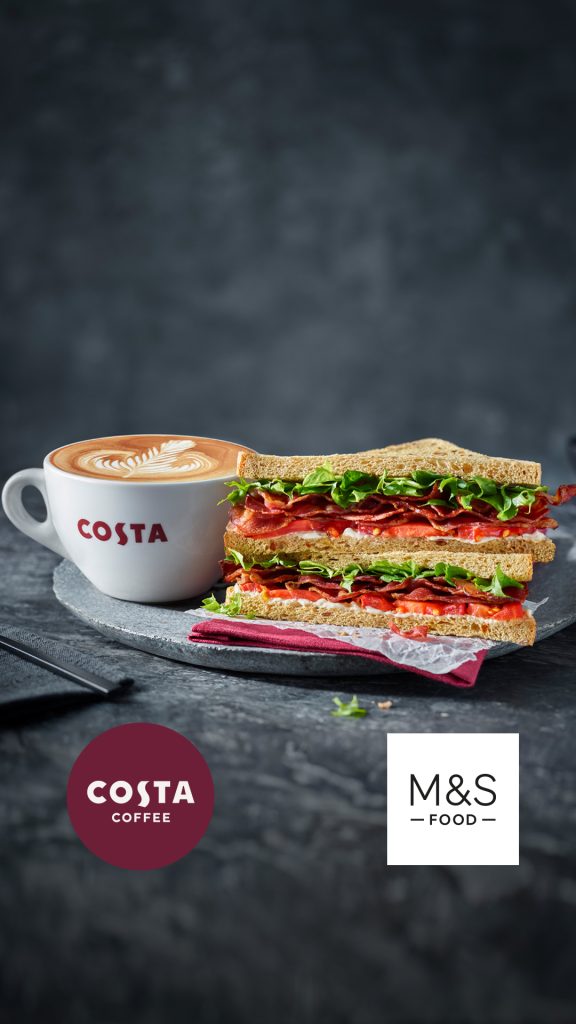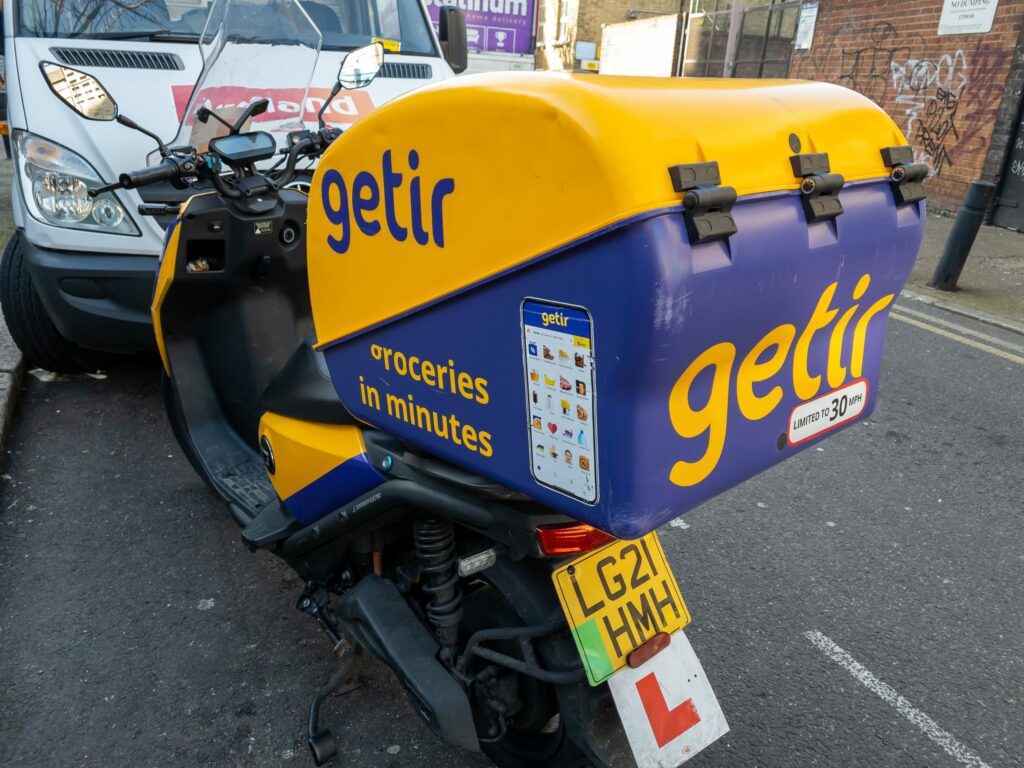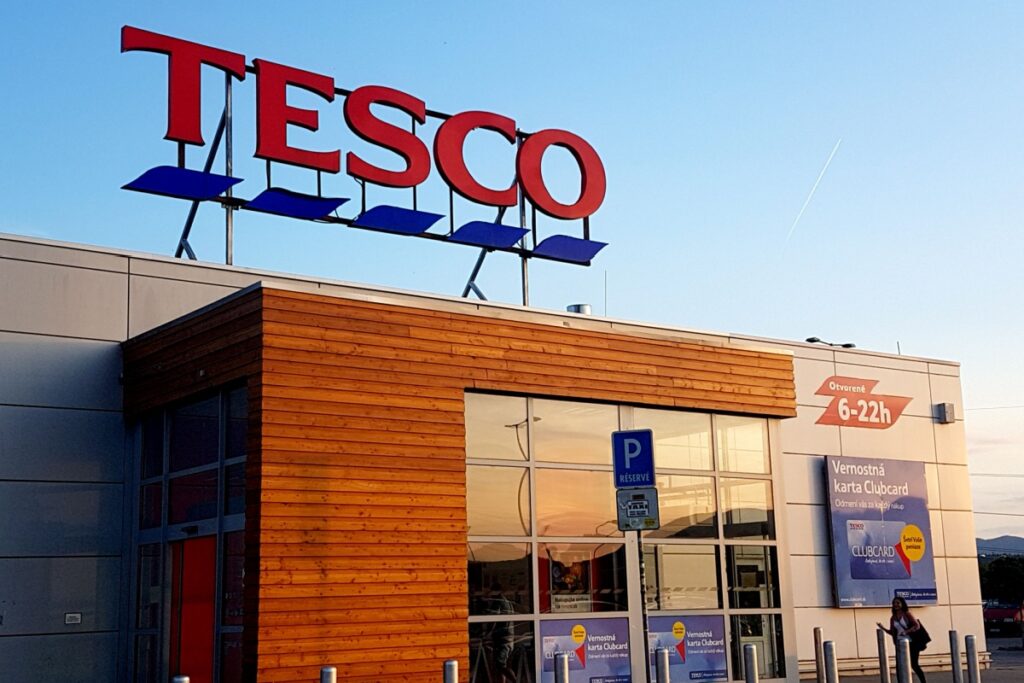Marks & Spencer’s collaboration with Costa Coffee, which launched early this month, gave Percy Pig lovers thousands of more places to pick up their favourite sweet treat – but could wholesale be just as tasty for M&S’ business?
M&S Food managing director and chief operating officer Stuart Machin said the partnership “extends our reach and supports our strategy of making M&S more relevant, more often for families.”
Thanks to the tie-up, which launched on March 3, 33 M&S products including porridges, sandwiches and salads, are sold in 2,500 Costa stores.
Melissa Minkow, retail strategy director at digital consultancy CI&T says that putting what she terms M&S “greatest menu hits” in front of more people makes M&S more convenient for shoppers.
M&S is not the only retailer looking to wholesale partnerships to grow their business.
Morrisons has quietly built a wholesale business that analyst Jeffries calculates is worth more than £1 billion and is supplying products in convenience chain McColls and in Amazon’s grocery stores.
Morrisons is looking to expand this part of the business further by wholesaling to pubs, restaurants and cafés. In September, the grocer signed a deal with online platform Starstock that lets hospitality businesses order directly from suppliers with Morrisons, initially listing 1,500 products on the platform.
Meanwhile, The Co-op’s products are sold in businesses including Costcutter and Nisa, the convenience store retailer that the grocer bought in 2017.
Could M&S grow a wholesale business to rival Morrisons and The Co-op?
Callum Saunders, planning director at marketing agency Zeal Creative, believes that the Costa tie-up is the beginning of a wider push into wholesale for M&S.
He points out that because of the limited M&S products Costa can sell, huge wholesale growth will not be possible through just one partner.
“Therefore, it feels as if the opportunity forms part of a wider and more encompassing food-to-go strategy for M&S, of which Costa plays a key part,” he says.
Food-to-go, whereby people pick up food to eat immediately, is already an area where M&S already has strength.
However, flexible working has hit this side of the business as office staff are not grabbing sandwiches to eat at their desk five days a week.The retailer flagged that in its half-year to October 2, that sales were down 18% on a two-year basis.
“It feels as if the opportunity forms part of a wider and more encompassing food-to-go strategy for M&S,” Callum Saunders, planning director, Zeal Creative
Having more locations, in different locations that represent the more diverse ways people are working, is key to growing food-on-the-go. The Costa tie-up does this.
“The partnership gives M&S a wider commercial play and gets the brand out there, making it more visible to new customers and building brand equity,” explains Saunders
External partners may also be key to M&S growing its food-on-go category as its own store strategy has been to shift to larger stores, which offer customers greater choice, which may put off shoppers looking to grab a quick bite to have at lunchtime.
Winning in a fragmented grocery market
Saunders believes the move is a smart one as the grocery market has become increasingly fragmented with new routes to market emerging.
“The disruption driven by ecommerce and quick commerce has really accelerated change in the grocery industry over the past two years, but the fragmentation of routes to shoppers is not limited to digital channels.”
He says that partnering with foodservice operators particularly opens up new ways to reach shoppers.
Saunders also points out that foodservice businesses have been moving the other way with brands such as Itsu, Wasabi and Pret launching at-home ranges at UK supermarkets.
“Pret’s range of at-home products were a quick and agile response to lockdowns and that need to drive sales through grocery, rather than out-of-home channels,” he says.
Chris Leadley, marketing manager at business consultancy Forbes Burton believes that M&S’ biggest wholesale opportunity could lie outside of retail, and cites coffee shops as a place where it could make a big impact.

Its Costa deal puts its products in 2,500 stores but that is just a fraction of the 25,000 coffee shops trading across the UK – this could just be the tip of the iceberg for M&S.
However, Leadley believes that M&S’s more upmarket positioning and pricing may limit the number of potential partners, particularly in retail.
The retailer has been vying to reset value perceptions with its Remarksable campaign, but as the cost-of-living crisis rages, many shoppers are increasingly hunting for bargains to make their smaller budgets stretch.
“M&S are likely to want to continue with their premium positioning and this may not fit with offering their goods in more mass market stores,” he says.
The success of M&S’s partnership with Ocado has helped grow the retailer’s big basket shops; perhaps further wholesale partnerships could help accelerate its food-on-the-go.
Costa is a great start. If the partnership delivers, expect more tasty deals to follow which will not just please Percy Pig fans but should sweeten up M&S investors too.
Click here to sign up to Retail Gazette‘s free daily email newsletter


















